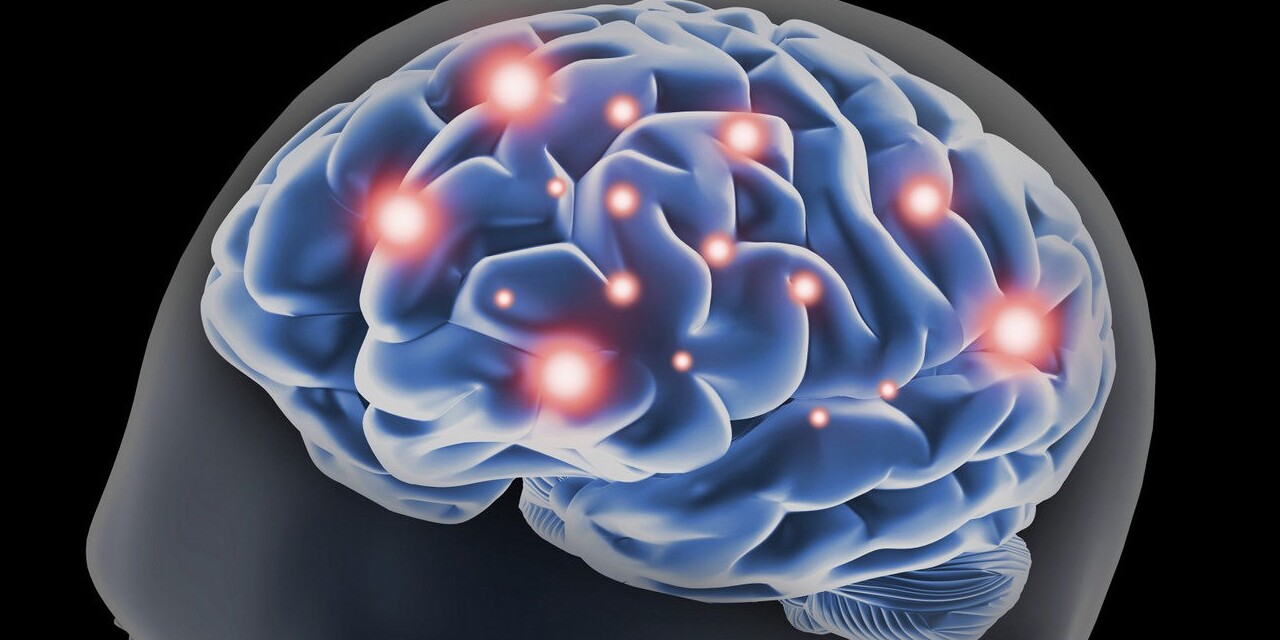A new study has found that insulin influences the most important brain chemical associated with the reward system, called dopamine, according to Science Daily.
Insulin, a hormone that regulates blood sugar levels, lowers the dopamine level in a specific region of the brain, called the striatum, which regulates reward processes, movement behavior, cognitive functions, and others.
This interaction between insulin and dopamine level can play a key role in the brain’s regulation of glucose metabolism and eating behavior.
Researchers from the Institute of Diabetes Research and Metabolic Diseases (IDM) of Helmholtz ZentrumMünchen at the University of Tübingen conducted the study, which has been published in the Journal of Clinical Endocrinology & Metabolism.
Several studies have shown that the brain plays a key role in causing diabetes. And the brain chemical dopamine is the most important neurotransmitter for the reward system.
The study’s first author Stephanie Kullmann said, “Our eating behavior is regulated by the interaction between the reward system and homeostatic systems. Studies indicate that insulin also acts in dopamine-driven reward centers in the brain.”
“It has also been shown that obesity leads to changes in the signaling of the brain that have a negative effect on the glucose metabolism in the whole body.” She added. “We now wanted to decipher the interaction between the two systems in humans and find out how insulin regulates the dopamine system.”
The researchers found that the intranasal administration of insulin lowered dopamine levels. They also found that the hormone led to some changes in the brain’s network structure.
Analyzing the findings, the study’s last author, Prof. Martin Heni, said, “The study provides direct evidence of how and where in the brain signals triggered after eating, such as insulin release and the reward system, interact.”
“We were able to show that insulin is able to decrease dopamine levels in the striatum in normal-weight individuals,” he added. “The insulin-dependent change in dopamine levels was also associated with functional connectivity changes in whole-brain networks. Changes in this system may be an important driver of obesity and related diseases.”
Further, the researchers plan to investigate changes in the interaction of insulin and dopamine in people with diabetes or obesity.
People with these conditions often suffer from insulin resistance in the brain. Therefore, the researchers assume that this resistance prevents the normal insulin-induced regulation of dopamine levels in the reward center.
The investigators are also planning on how to restore the normal action of insulin in the brain by behavioral and/or drug interventions.





















